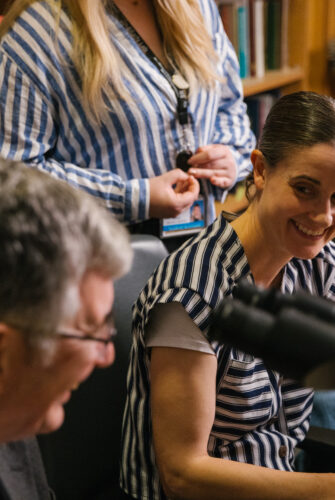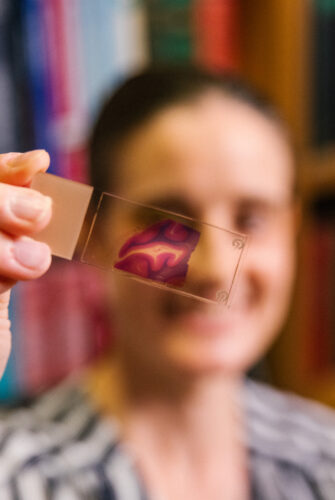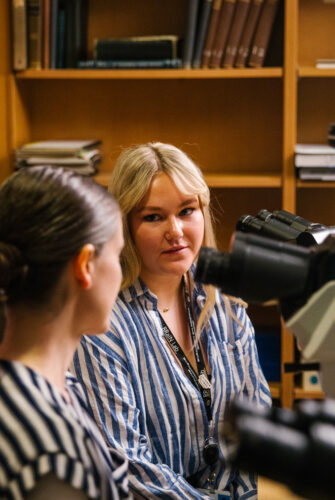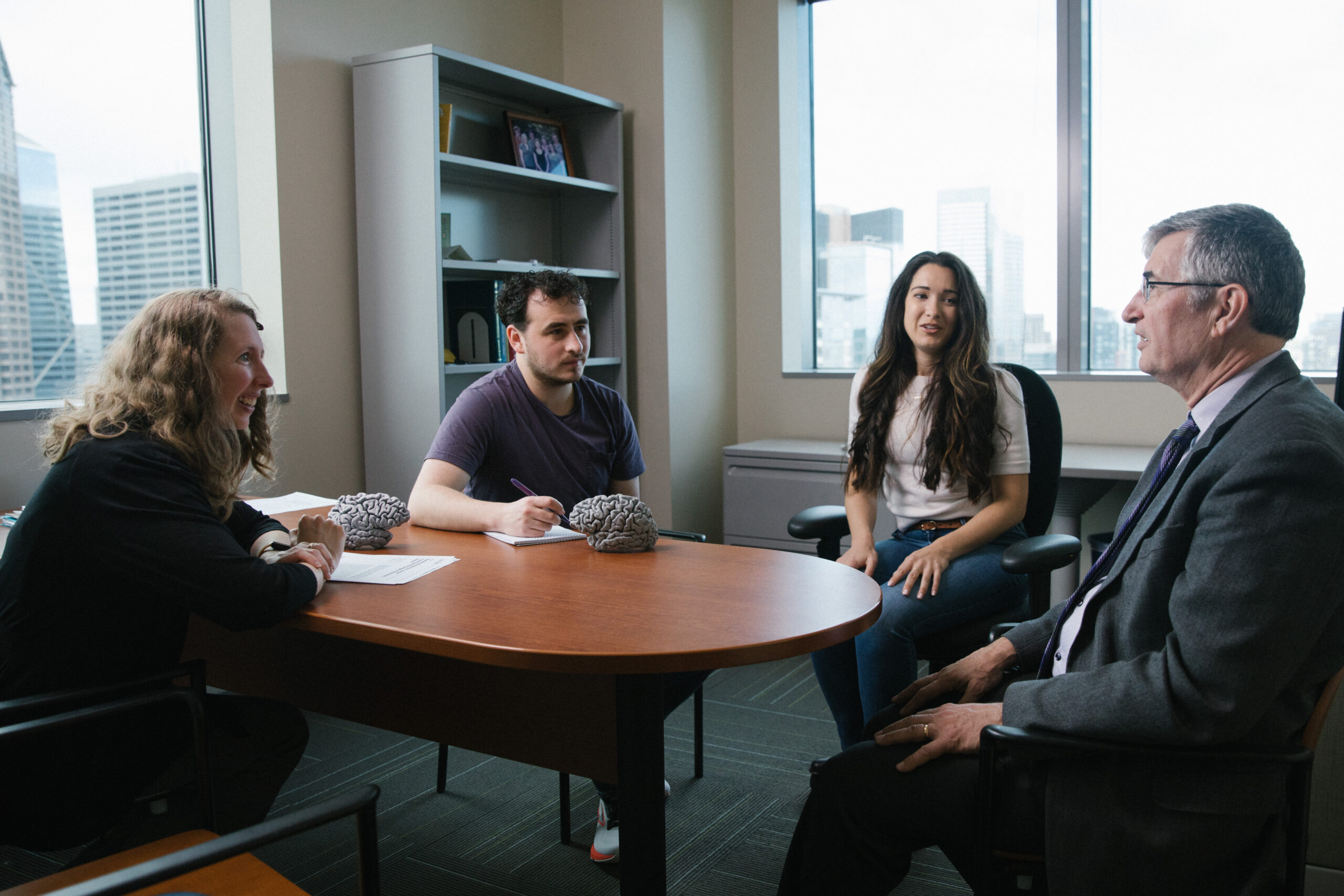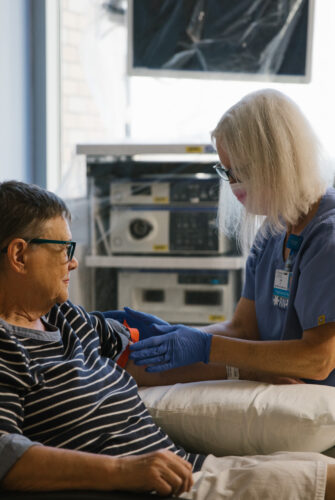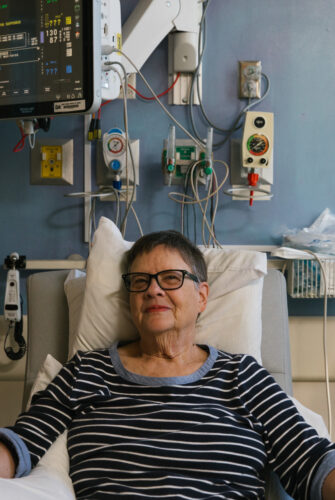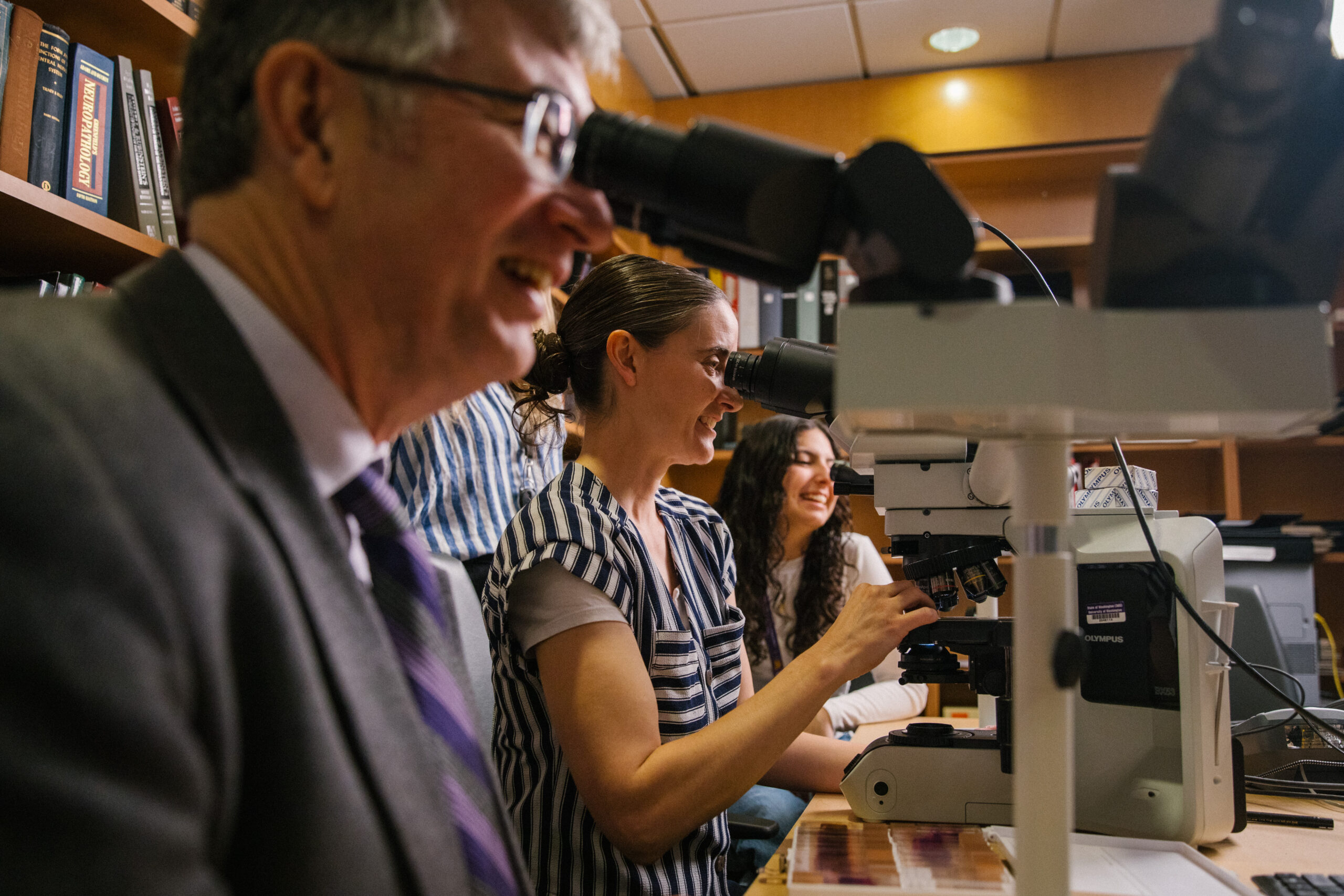UW Medicine is at the forefront of research, education and care for Alzheimer’s and other dementias. From becoming one of the first hospitals in the country to administer a groundbreaking new drug therapy, to building a hub for community and resilience for people with dementia and their families, we’re redefining what it means to live — and thrive — with memory loss. If you’re looking for compassionate, whole-person care backed by the most advanced research, you’ve come to the right place.
This website uses cookies so that we can provide you with the best user experience possible. Cookie information is stored in your browser and performs functions such as recognising you when you return to our website and helping our team to understand which sections of the website you find most interesting and useful.

